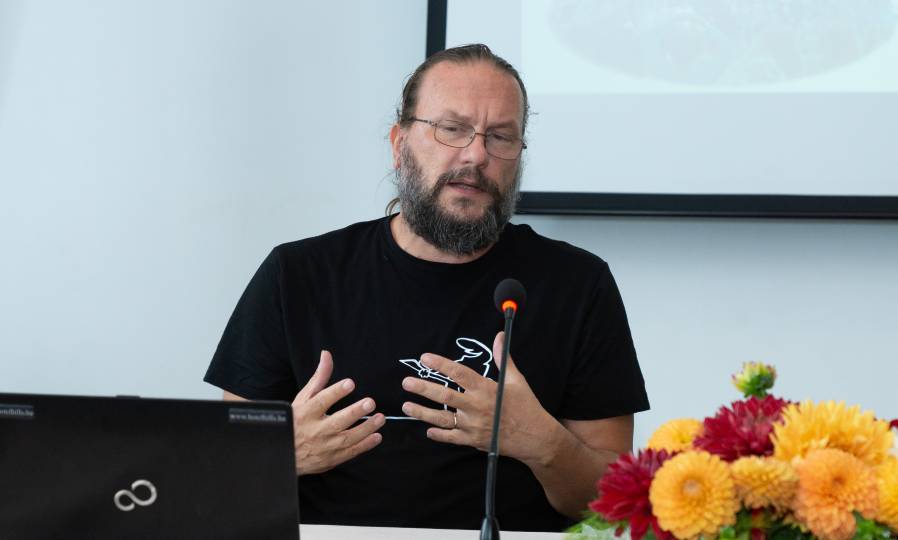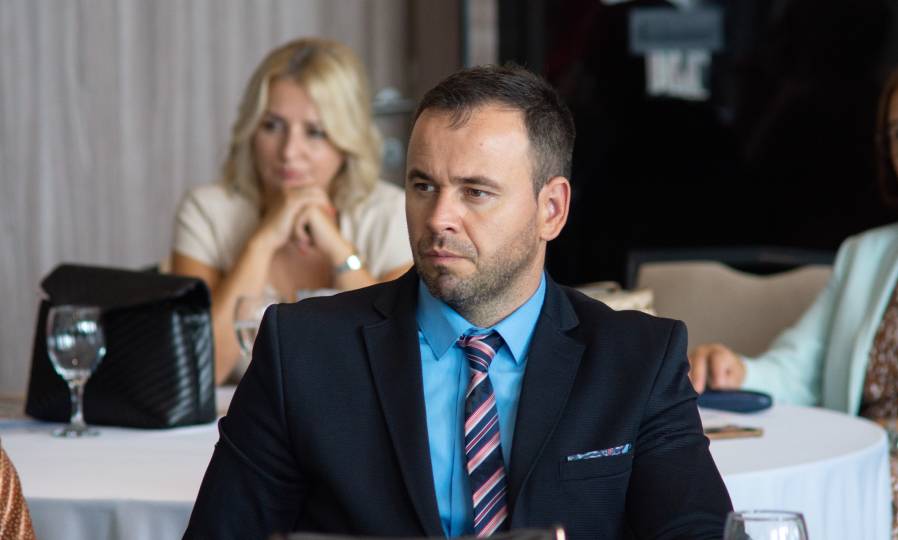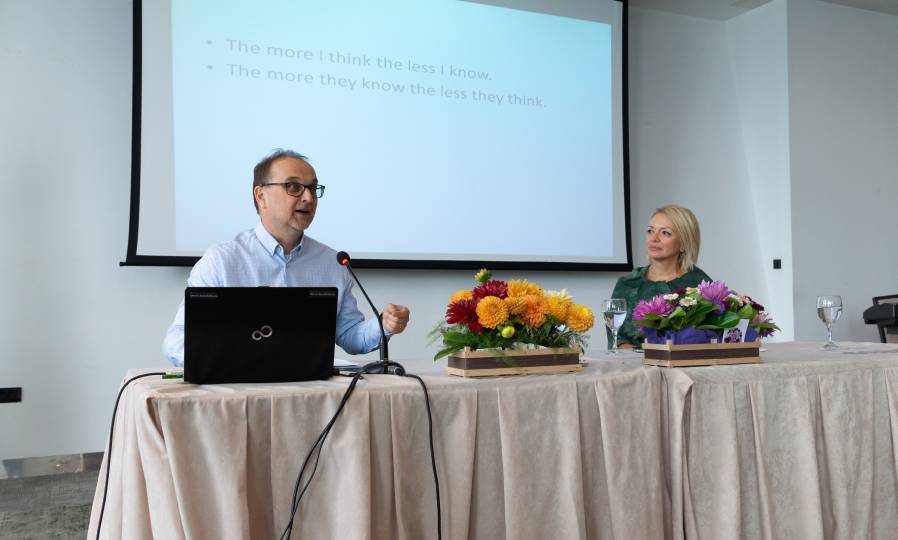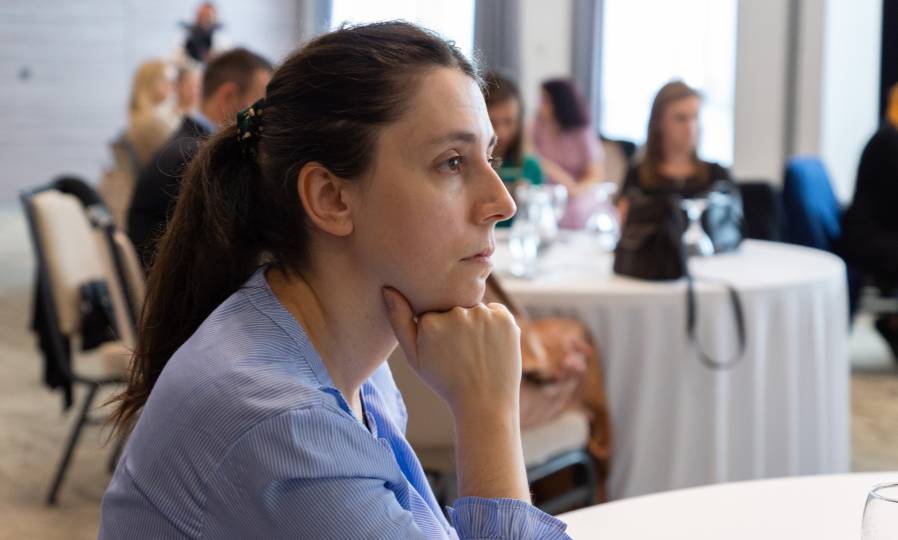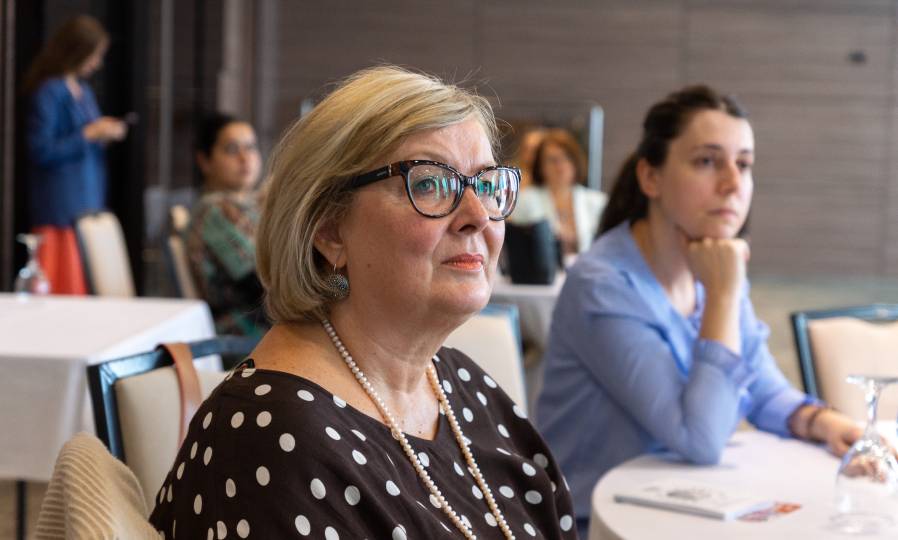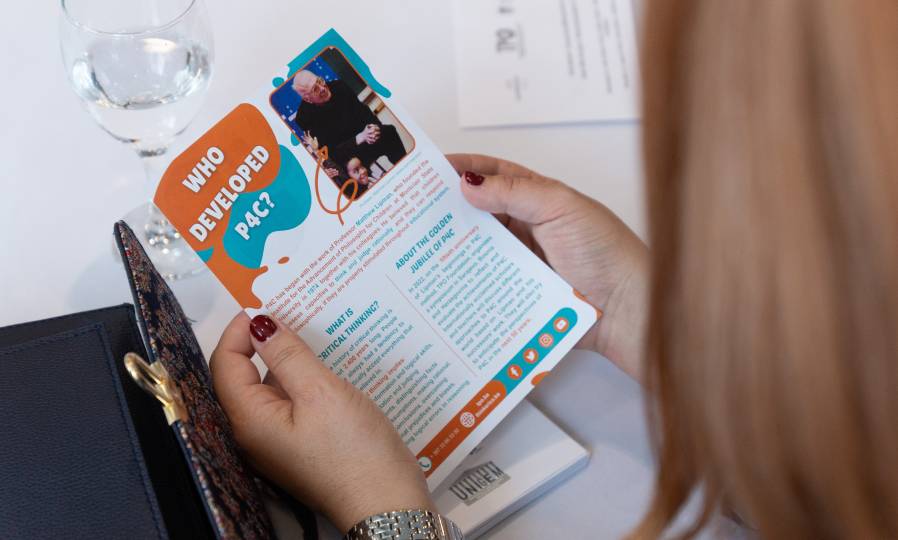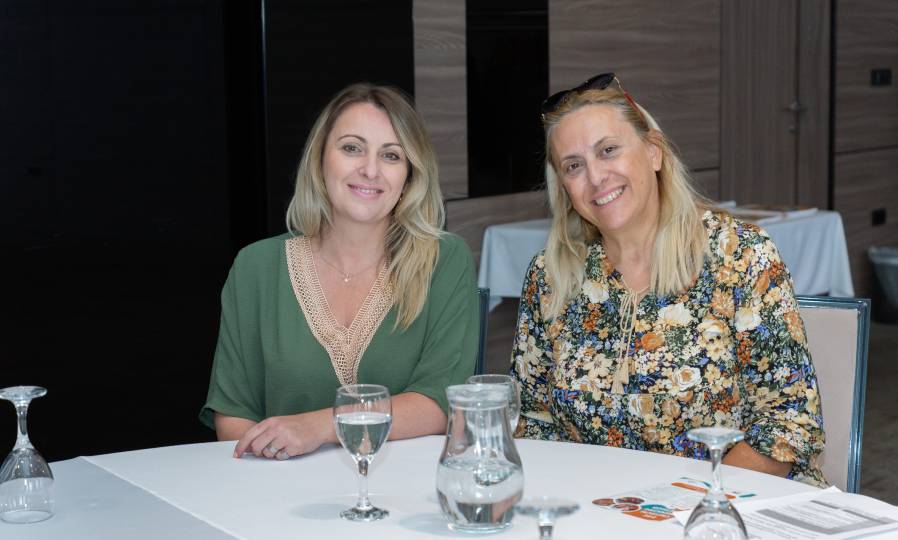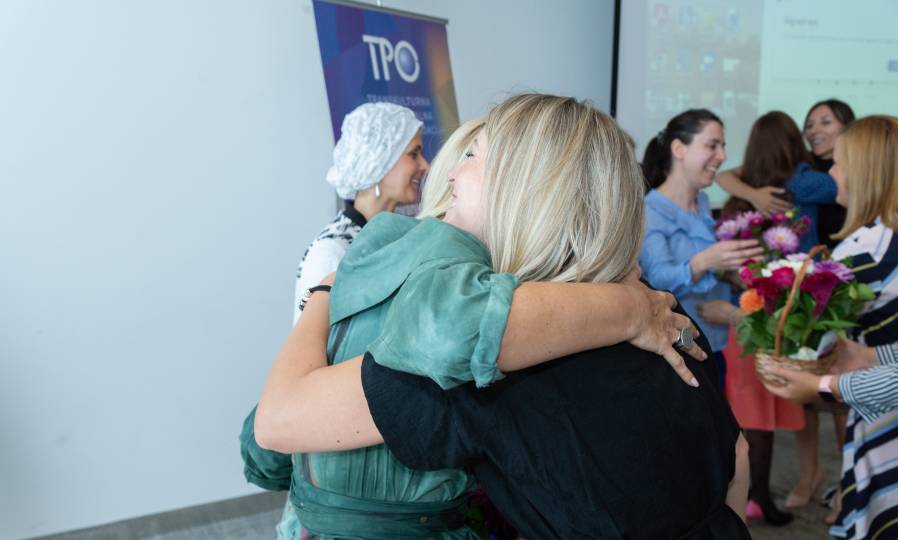As part of the EMIL project, on August 24, 2022, in Sarajevo, a one-day international symposium Philosophy for/with children P4/wC: Golden Jubilee – reflections, perspectives, challenges was organized. In honor of Matthew Lipman, who 50 years ago started the application of the P4C method in the education of students and teachers, which today is applied in over 60 countries around the world.
The presenters at the symposium were:
- Dr. Bruno Ćurko (Croatia) – The influence of Lipman’s philosophy for children on the projects of the Little Philosophy association,
- M.sc Elmana Cerić (Bosnia and Herzegovina) – P4C and curricular reform: learning and teaching for the 21st century,
- prof. Dr. Marjan Šimenc (Slovenia) – Philosophy for children: achievements and challenges,
- prof. Dr. Patricia Hannam (Great Britain) – Matthew Lipman: A community of (questioning) researchers and why critical thinking is not enough,
- M.sc Sedžida Hadžić (Bosnia and Herzegovina) – Philosophical capacities of children in the Bosnian-Herzegovinian school system,
- prof. Dr. Zilka Spahić Šiljak (Bosnia and Herzegovina) – The role of P4C in the promotion of intercultural and interreligious learning.
Prof. Dr. Patricia Hannam, also certified trainer of the SAPERA UK Institute in London, who taught the first group of BiH trainers in the period 2018-2020. and thanks to her, SAPERE BH took its first steps, joined online. Professor Hannam spoke about the beginnings of the P4C method and the work of Matthew Lipman.
Presentation by respected prof. Marjan Šimenca, Ph.D., from the University of Ljubljana, encouraged those present to have a discussion. Professor Šimenc spoke about the achievements and challenges of the P4C method through his own experience. Prof. Dr. Zilka Spahić Šiljak presented the results of the ETOS and EMIL projects, which aim to develop the competencies of teaching staff to work with children. The teaching staff, through project activities, develops skills to encourage critical, creative, collaborative and caring thinking, interreligious dialogue, etc.
The presentation of respected Dr. Bruno Ćurka, from the University of Split, presented the work of his Association “Mala filozofija”. The question that opened the discussion was: “Why are you a teacher?” The answers of those present are different: We teach children some skills; we teach them to read, write, count; we like creative work, etc. The common conclusion was ,,Teachers have an important role in a child’s life. They teach them important life skills.”
The presentation was also prepared by the respected trainers of the SAPERA BH program, Elmana Cerić and Sedžida Hadžić. Both presentations referred to the application of the P4C method in Bosnia and Herzegovina. The presenter Sedžida Hažić, an employee of the Institute for the Development of Pre-University Education, said: “I believe that the P4C methodology has benefited education in Bosnia and Herzegovina.” Through this method, we encouraged children to think, to question things critically and learn material in a new, more interesting way.”
The symposium was an opportunity to discuss the application and challenges of applying the P4C method in Bosnia and Herzegovina, but also in the region. The large number of people present, including the highest number of educators, and productive discussions and questions after the sessions speak for its success.
The symposium was organized by representatives of the TPO Foundation in cooperation with the Ministry of Education of the Sarajevo Canton.


